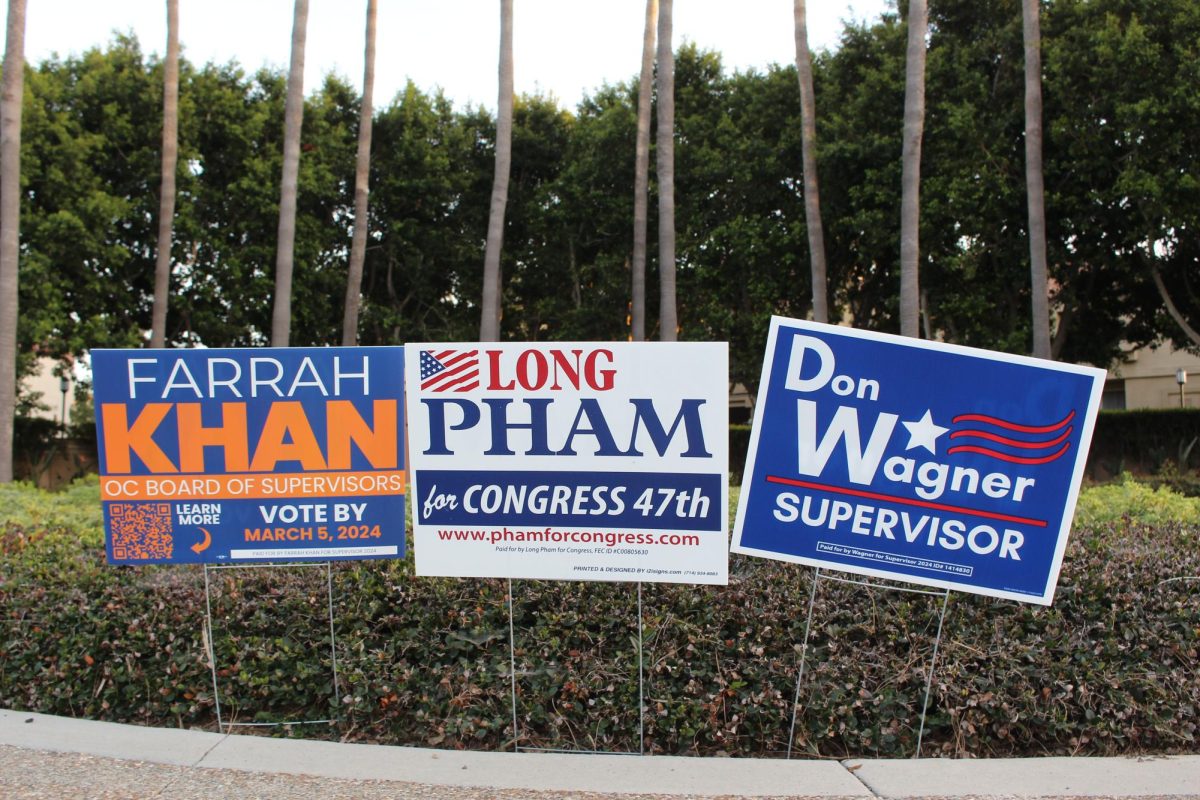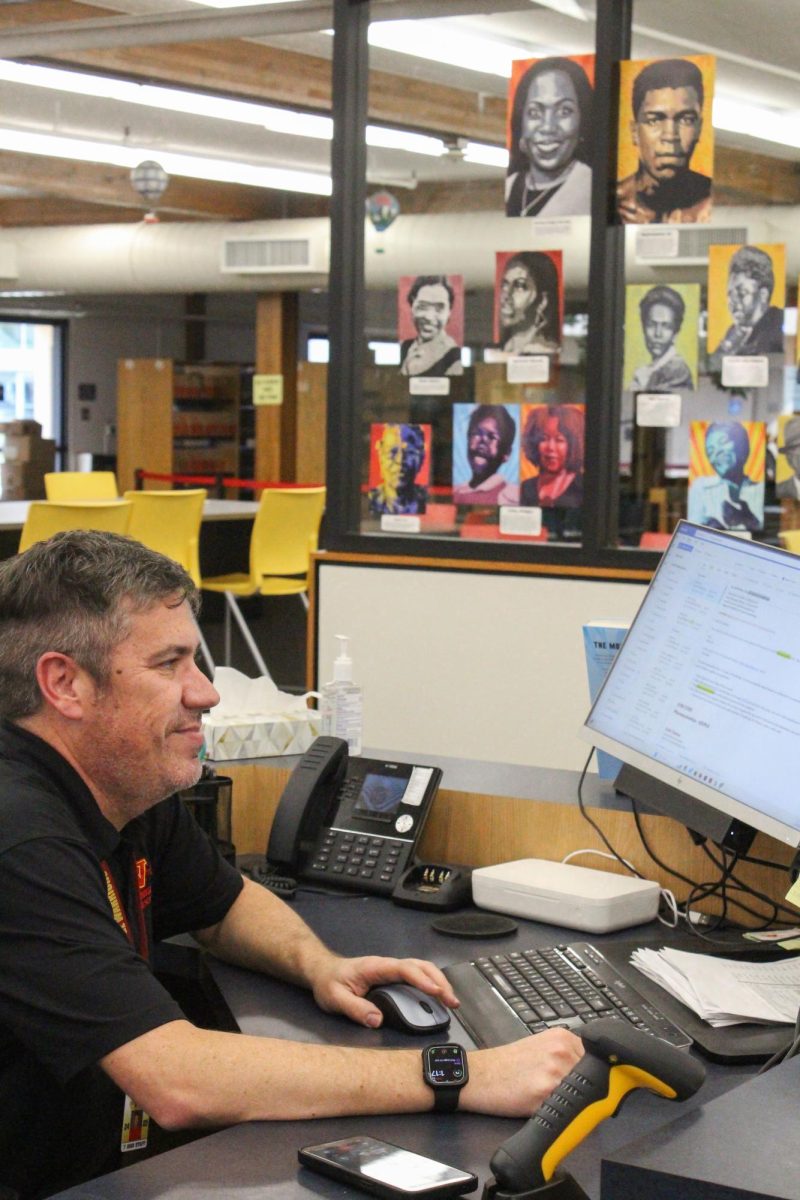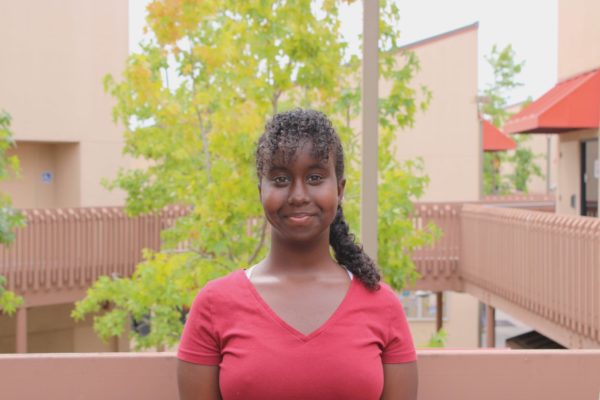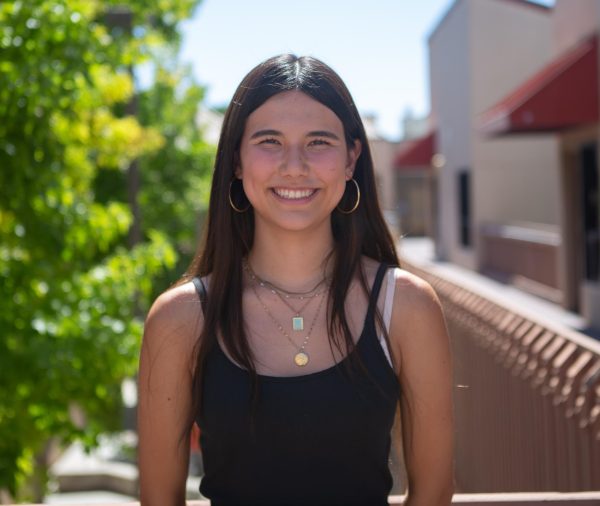On March 5, 2024, also known as Super Tuesday, 7.5 million voters across the state of California voted in national, state and local elections. In the
state’s open primary race for the United States (U.S.) Senate, Adam Schiff, the Democrat representative, and Steve Garvey, the Republican representative, acquired the top two most votes.
In the state’s open primary race for the U.S. House of Representatives, Scott Baugh, the Republican candidate, secured the most votes in the 47th Congressional District, which includes the city of Irvine. These candidates will be advancing to November’s General Elections.
Furthermore, the City of Irvine held its Special Municipal Election on March 5, 2024 for voters to decide the status of the election system. With the current at-large election system, voters decided whether the system should switch to district elections or keep their original election structure.
District elections divide the council members into districts with a council member representing each district. The goal is to increase diversity within the representatives and ensure that a wide variety of voices are heard within city government.
The California Voting Rights Act passed in 2001 works to guarantee that neighborhoods have an equal chance to elect their desired candidates in local elections. A shift from at-large elections to district elections brings significant impacts on diversifying city councils.
As the City of Irvine’s population grows, it is crucial to analyze the effects of district elections on large neighboring cities such as Anaheim.
According to the Washington Post, after transitioning from at-large to single-member district elections, city councils saw an increase in diversity of 10 to 12 percent on average of people who held government positions within their city.
Students expressed their opinion on understanding how city politics work and encourage political activism to ensure that young voices are heard.
“As we learn more about voting and understanding politics, we become informed citizens and that allows for a more educated population. Advocacy is a huge key for change and change will not happen if advocacy is not in place,” senior Sarah Gagnier said.
Similarly, junior Azalea Sevcik reveals how imperative it is to have the background knowledge on the political climate as students gain a perspective on their impact and stance on issues.
“I think it’s really important to understand politics because you can thoroughly think about the things that matter to you and prioritize them. As well as trying to put those in power that you think represent you and your goals,” Sevcik said.
According to the Report of Registration, of Orange County’s 1,818,551 registered voters, 12.66% are ages 17 to 25.
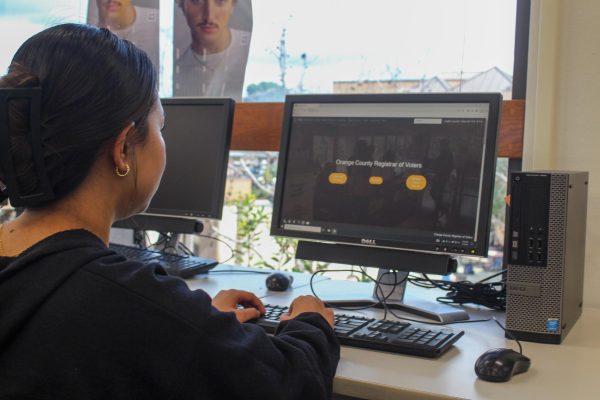
Research shows that low young voter turnout is not due to apathy but rather a lack of accessible information. Utilizing the educational curriculum and social media to reach younger generations such as Generation Z is beneficial to increase electoral participation.
When young adults are able to thoroughly analyze the events occurring in the world that have an impact on their quality of life, they can take the steps to put people in power that represent their goals by researching the candidates, registering to vote and taking initiative in their community.
Students can take charge of maintaining a sense of political efficacy to allow for growth of civic education to occur across generations. Social science teacher Frank Harrington discusses his insight on how imperative representation is allowing for young viewpoints to be reflected.
“At the local level is where you can make the most difference. Putting a stop sign somewhere or lanes for e-bikes really does affect your life more than the big macro federal government level,” Harrington said.
Directing one’s focus from the national level to local prompts voters to visualize the impact that their vote is making on their city and communities within.
Harrington recommends analyzing international news sources to gain an open minded perspective on global events to curate an objective viewpoint.
According to the Legal Defense Fund, a thorough understanding of the backgrounds and positions of candidates on policies and issues is derived through the
use of unbiased online sites. These sites also provide background material on potential ballot issues, like state constitution amendments.
Deciding which candidates to vote for and who will represent a city, state and country can be a personal and lengthy process. However, understanding that there is a myriad of resources aids students thorough selection of the candidates that serve their best interest.
Certain factors to take into account when choosing which include ones morals, policy proposals, candidate qualifications and their experience in government positions.
Council members Larry Argan, Mayor Farah Khan and Tammy Kim discuss the future of Irvine and what the city government will look like along with the implications of the different ballot options. The three engage in a cordial debate over the future of the election system in Irvine.
The majority plan states that the city council would finally decide which final map to include on the ballot. This final map would then be given to voters for
approval during the March 2024 primary election, along with a proposal to increase the number of city council members from five to seven.
Councilmember Larry Argan openly expresses his support for the transition to district elections and having the city council draw up the new maps. His opinion is also backed up by Mayor Farah Khan. The three engage in a cordial debate over the future of the election system in Irvine.
However, Councilmember Tammy Kim opposes the proposal of drawing district maps by the city council and instead brings in a new plan to gather a 13-person panel arranged by the city staff and monitored by the city manager, attorney and a non-profit.
According to the Voice of OC, Kim says, “There is no reason why as a council we need to be involved except to put out thumb on the scale…There would be no accusations for any one of us putting a thumb on the scale to benefit other candidates, ourselves, or anybody.”
However, most of her colleagues side with the city council taking charge of drawing district maps. Argan provides insight on how the public can be actively involved in the process and criticizes Kim’s plan.
According to the Voice of OC, Mayor Farrah Khan and Councilmember Larry Agran contended at that meeting that a commission would take the conversation out of the public grasp. Argan said, “Anybody can participate, any group can participate. That is community driven.”
This civil discourse between the council members provides insight on the variety of viewpoints represented in both the local and national government that have a direct impact on public safety, services and other sectors in daily life.
In Irvine, voters chose to switch to district elections, bringing out a greater opportunity to participate in the formation of the council and adopt a more fair voting
system. Citizens remain hopeful of how the new election structure will playout when it is implemented.
All eligible students can register early to vote in the November general elections by visiting the California’s State Departments’ website at ocvote.gov or Register to Vote at OC Vote.



